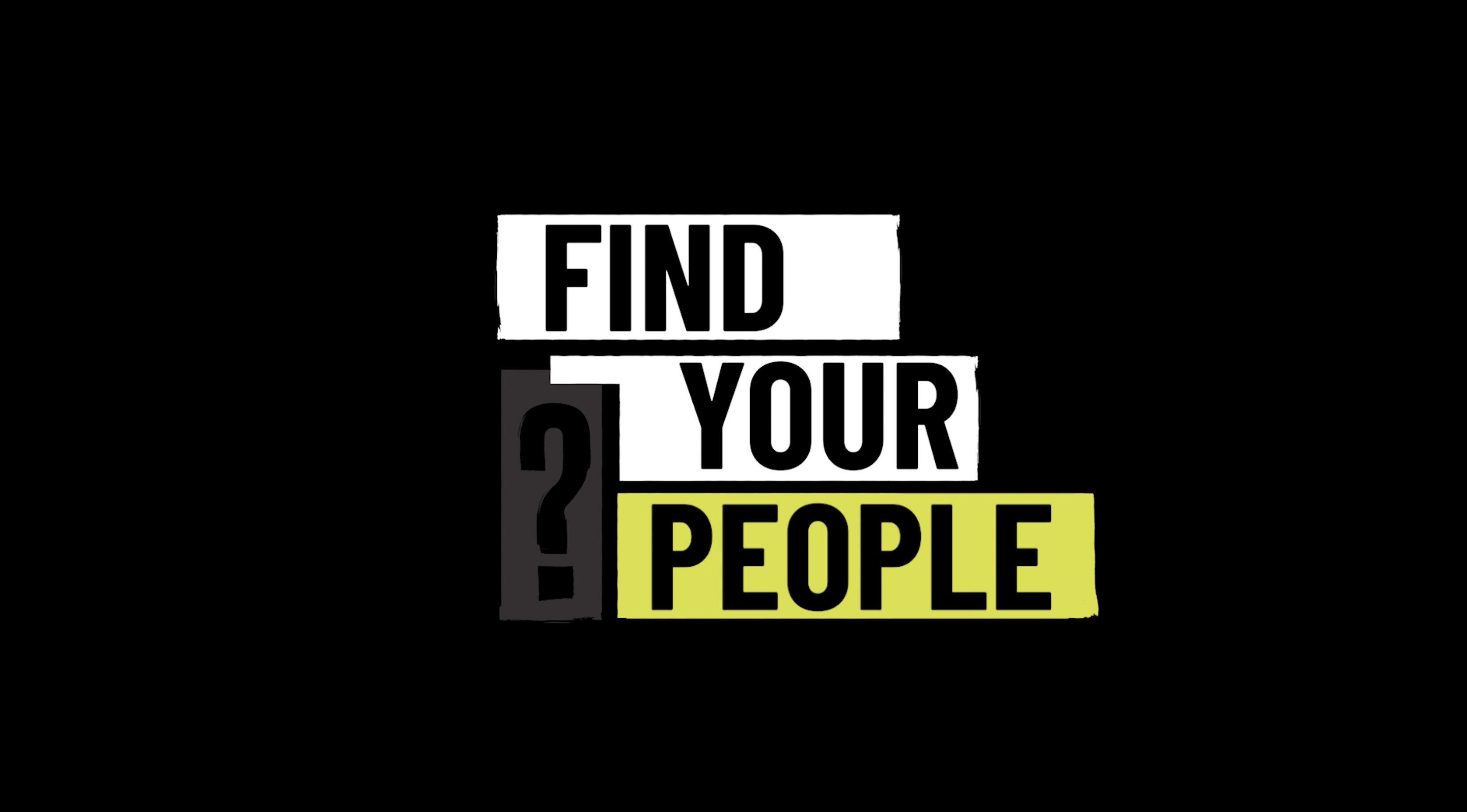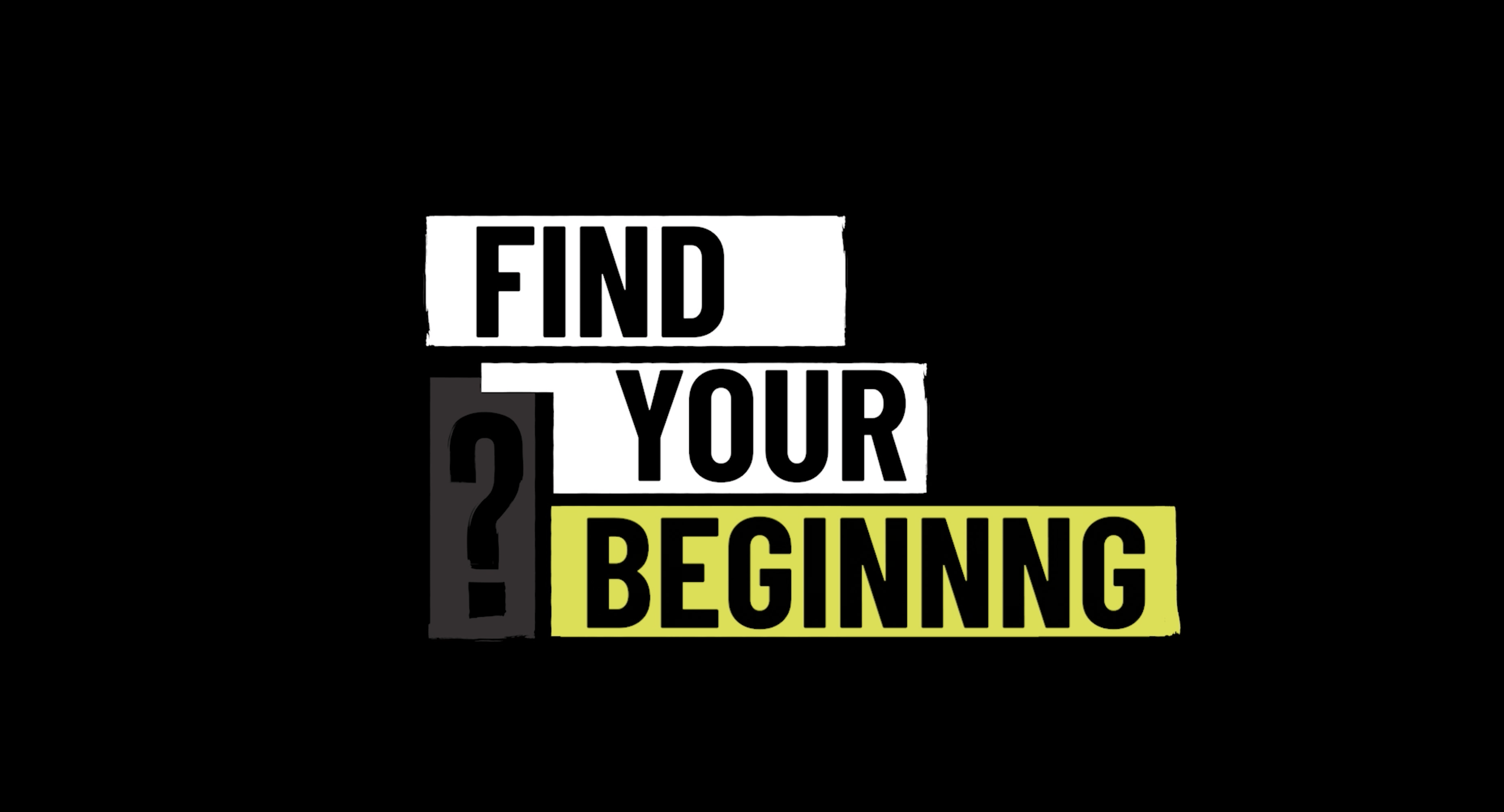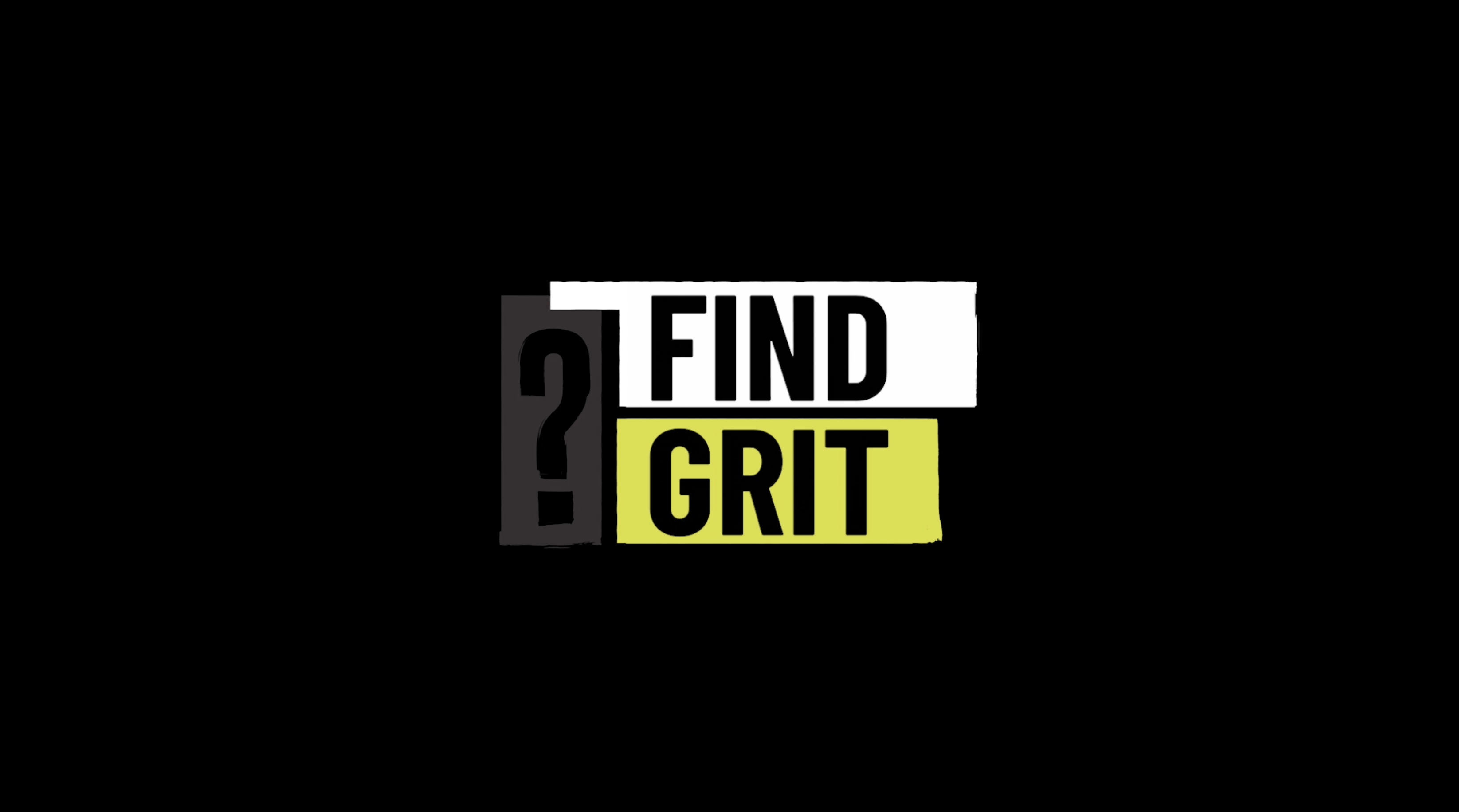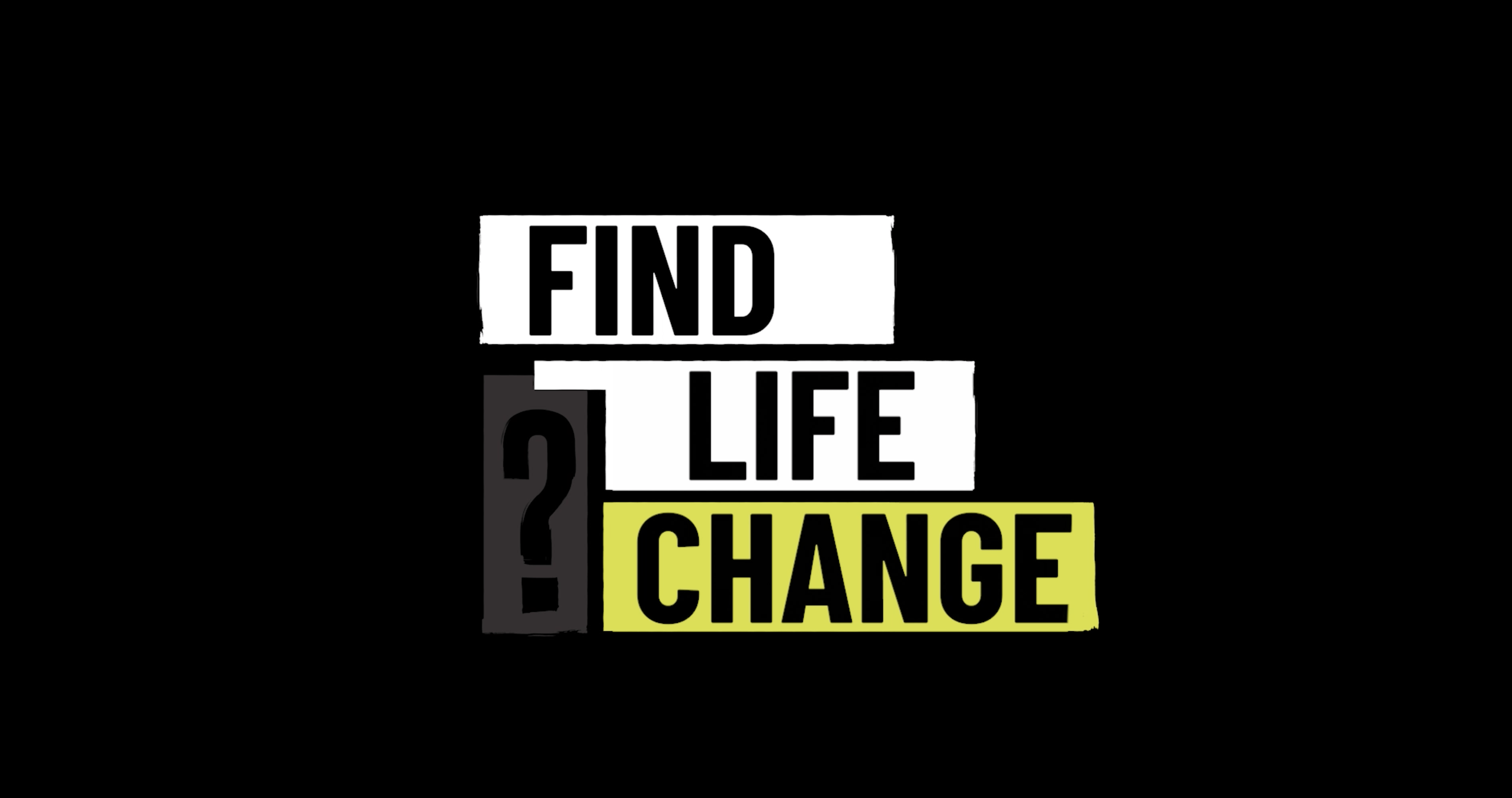When you are experiencing homelessness or poverty, your voice is silenced and you aren’t seen. Our ‘Voiceless’ documentary humanizes those who experience homelessness in the U.S.

Homesick Documentary
Despite a bed shortage, many cities and states have enacted legislation banning sleeping in public and other activities essential to the survival of people experiencing homelessness instead of creating more access to beds and affordable housing. On July 1, 2022, House Bill 978 (in Tennessee) became the first policy to make sleeping outdoors a Class E felony and passed into state law in the United States.

Love Beyond Walls launched the “Narrative Shift” podcast as a platform for showcasing diverse viewpoints on topics such as race, class, and justice, particularly as they intersect with poverty.
The podcast delves into the lived experiences of people on the front lines, featuring in-depth interviews with those actively engaged in this essential work.
Additionally, it serves as a conduit to introduce audiences to innovative projects, expanding listeners’ understanding while highlighting often overlooked perspectives.

Finding people to come alongside you or people you need to come alongside in this work is just as important as your why. This episode is about finding the right community.
What does it look like to move from normal life into something bigger? The goal of this episode is to set up the grand narrative of finding your why or spark.
You’ve found your why, you’ve found your community, now how do you tap into these things so you can keep going when it gets tough? This episode is about sticking with your why.
If you are faithful to the work you will change lives. How you can have impact. The goal of this episode is to show people the impact they can have on the life of another after they’ve found their why, joined in a community, and have pushed through the trials.

Situation Poverty
Situational poverty is a period wherein an individual falls below the poverty line because of a sudden event. Situational poverty can be caused by a range of factors, such as: a divorce, death of the family head, illness, a natural disaster or loss of job.
Generational Poverty
Situational poverty is a period wherein an individual falls below the poverty line because of a sudden event. Situational poverty can be caused by a range of factors, such as: a divorce, death of the family head, illness, a natural disaster or loss of job.
Gentrification
The process of repairing and rebuilding homes and businesses in a deteriorating area (such as an urban neighborhood) accompanied by an influx of middle-class or affluent people and that often results in the displacement of earlier, usually poorer residents.
Redlining
Redlining is an unethical practice that puts services (financial and otherwise) out of reach for residents of certain areas based on race or ethnicity. It can be seen in the systematic denial of mortgages, insurance, loans, and other financial services based on location (and that area’s default history) rather than an individual’s qualifications and creditworthiness. Notably, the policy of redlining is felt the most by residents of minority neighborhoods.
Chronic Homelessness
The experience of those who have been homeless while struggling with a serious mental illness, substance use disorder, or physical disability.
Episodically Homeless
Refers to those who move in and out of homelessness.
Homeless
Homelessness describes the situation of an individual, family or community without stable, safe, permanent, appropriate housing, or the immediate prospect, means and ability of acquiring it. It is the result of systemic or societal barriers, a lack of affordable and appropriate housing, the individual/household’s financial, mental, cognitive, behavioral or physical challenges, and/or racism and discrimination. Most people do not choose to be homeless, and the experience is generally negative, unpleasant, unhealthy, unsafe, stressful and distressing.
Transitional Housing
Refers to supportive, yet temporary type of accommodation that is meant to bridge the gap from homelessness to permanent housing by offering structure, supervision, support, life skills, education, etc.
Youth Homelessness
Youth homelessness refers to young people between the ages of 13 and 24 who are living independently of parents and/or caregivers, and lack many of the social supports deemed necessary for the transition from childhood to adulthood.
Affordable Housing
Any type of housing, including rental/home ownership, permanent/temporary, for-profit/non-profit, that costs less than 30% of a household’s pre-tax income.
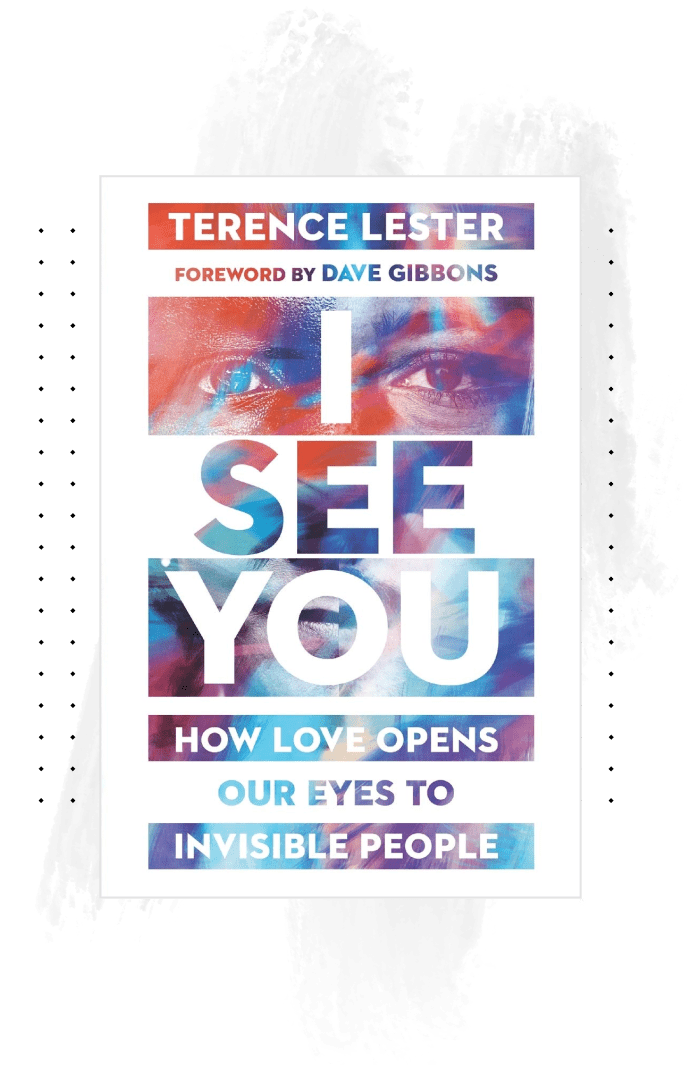
I See You
We don’t care about what we don’t see. Countless people are invisible to us. We overlook the poor and homeless. Seeing people through God’s eyes restores their dignity. I See You encourages seeing everyone in ways that honor their worth, fostering compassion and understanding.
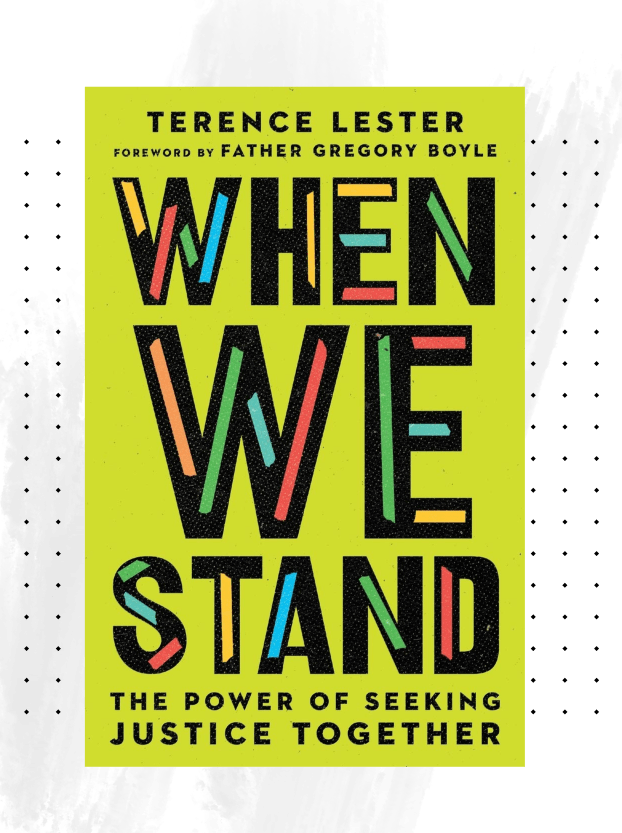
When We Stand
Feeling overwhelmed by world injustices is common. Unsure of our ability to contribute, we hesitate. However, When We Stand illustrates that using our gifts together amplifies impact. It advocates for collective action in creating community change, highlighting everyone’s valuable contribution.
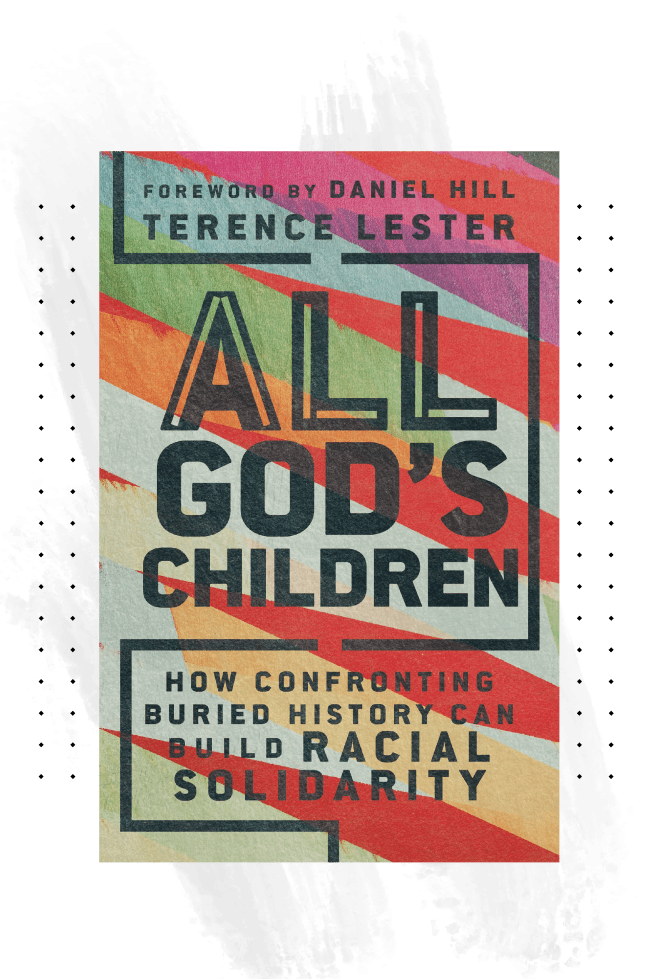
All God’s Children
Understanding someone’s history reveals their humanity. Race relations have declined due to ignored Black history. All God’s Children promotes filling knowledge gaps, enhancing community empathy and solidarity. It encourages standing together, deepening mutual respect and understanding through shared histories.
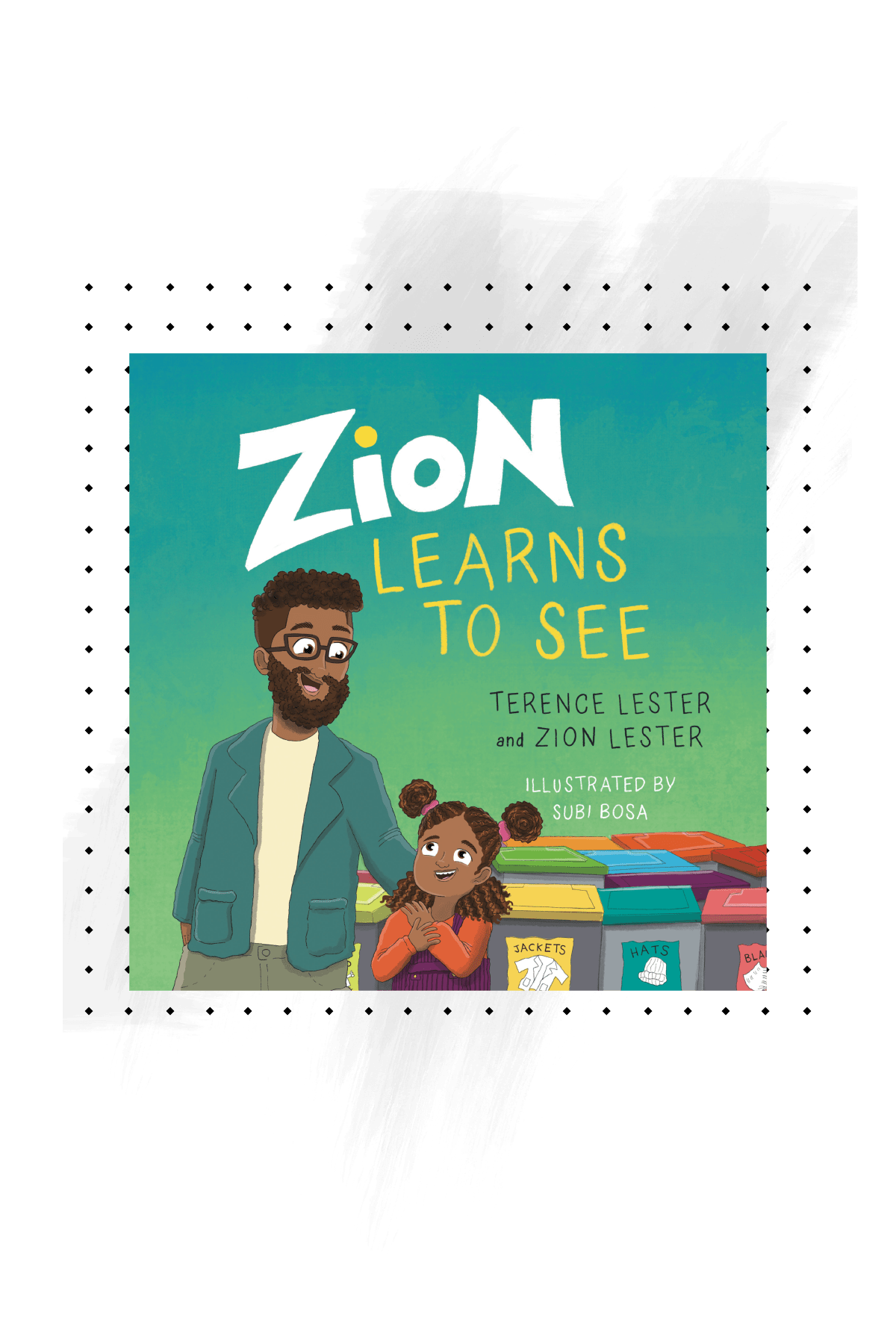
Zion Learns to See
Zion Learns to See guides parents in teaching children about compassion for the unhoused. Joining her dad, Zion discovers a new world at the community center. She learns about homelessness, recognizing everyone’s value to God. This story highlights recognizing dignity in all, regardless of circumstances.




